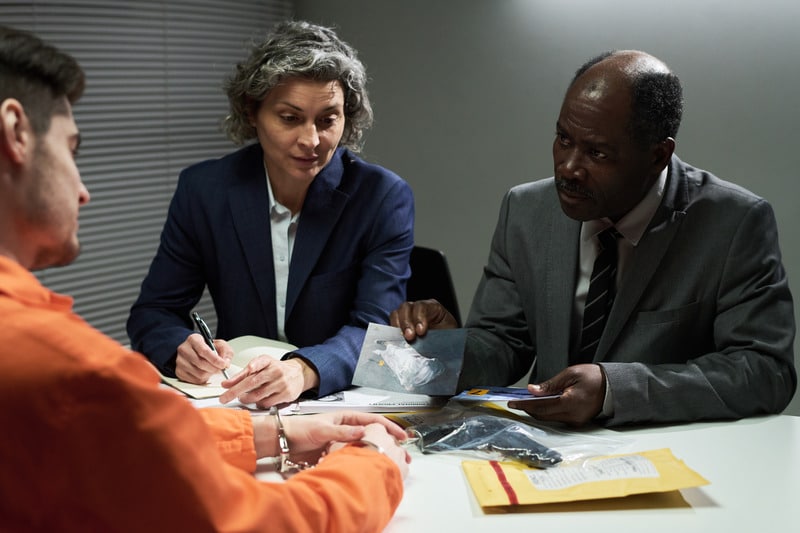Latest News
Many people are often confused about the difference between a criminal and a civil case.
When a person breaks the law the police and the local district attorney investigate that person and the crimes they have allegedly committed.
The district attorney then makes the decision whether to criminally charge and prosecute the person for those crimes.
When a person is charged with a crime the case is between the person who committed the crime (referred to as the defendant) and the state.
The district attorney is often referred to as the prosecutor and her or she represents the state.
The prosecutor has the burden of proving the case against the defendant. In a criminal case the prosecutor must prove the case beyond a reasonable doubt.
Who Charges Someone With A Crime?
The decision to charge someone with a crime is at the sole discretion of the district attorney.
At times the district attorney keeps the victim of the crime informed as to what is happening within the criminal case but in general the victim has no say in the criminal process.
Who Will Initiate A Civil Case?
A civil case is initiated by an individual (referred to as a plaintiff) who is oftentimes the victim of a crime. The plaintiff files the case against the responsible party (also referred to as the defendant).
The defendant in a civil case can be the individual who caused the harm, or the institution that enabled the individual to cause the victim harm.
A civil case gives the victim a voice that is often overlooked in the criminal process. A plaintiff in a civil case must prove his or her case beyond a preponderance of the evidence.
This is a much lower standard than in a criminal case.
Because the criminal standard of proof is higher than it is in civil cases, if a defendant is convicted of a crime, he or she cannot argue that he or she did not commit that crime when it comes to the civil case.
The outcome of a criminal case is typically that the defendant goes to jail or is placed on some type of supervision. The criminal process does not focus on what the victim needs, which could be financial resources for medical treatment or psychological services.
In a civil case the goal is to receive financial compensation (referred to as damages) to provide for recovery for the victim.
Andreozzi + Foote focuses our practice on holding institutions liable for their negligence in enabling defendants to commit crimes against individuals.
If you have been a victim of a crime and would like to schedule a free consultation to discuss how Andreozzi + Foote can help you with a civil case against an institution, call us at (866) 311-8640.



